Pregnant Women Should Not Visit Zika Outbreak Zones in 2025
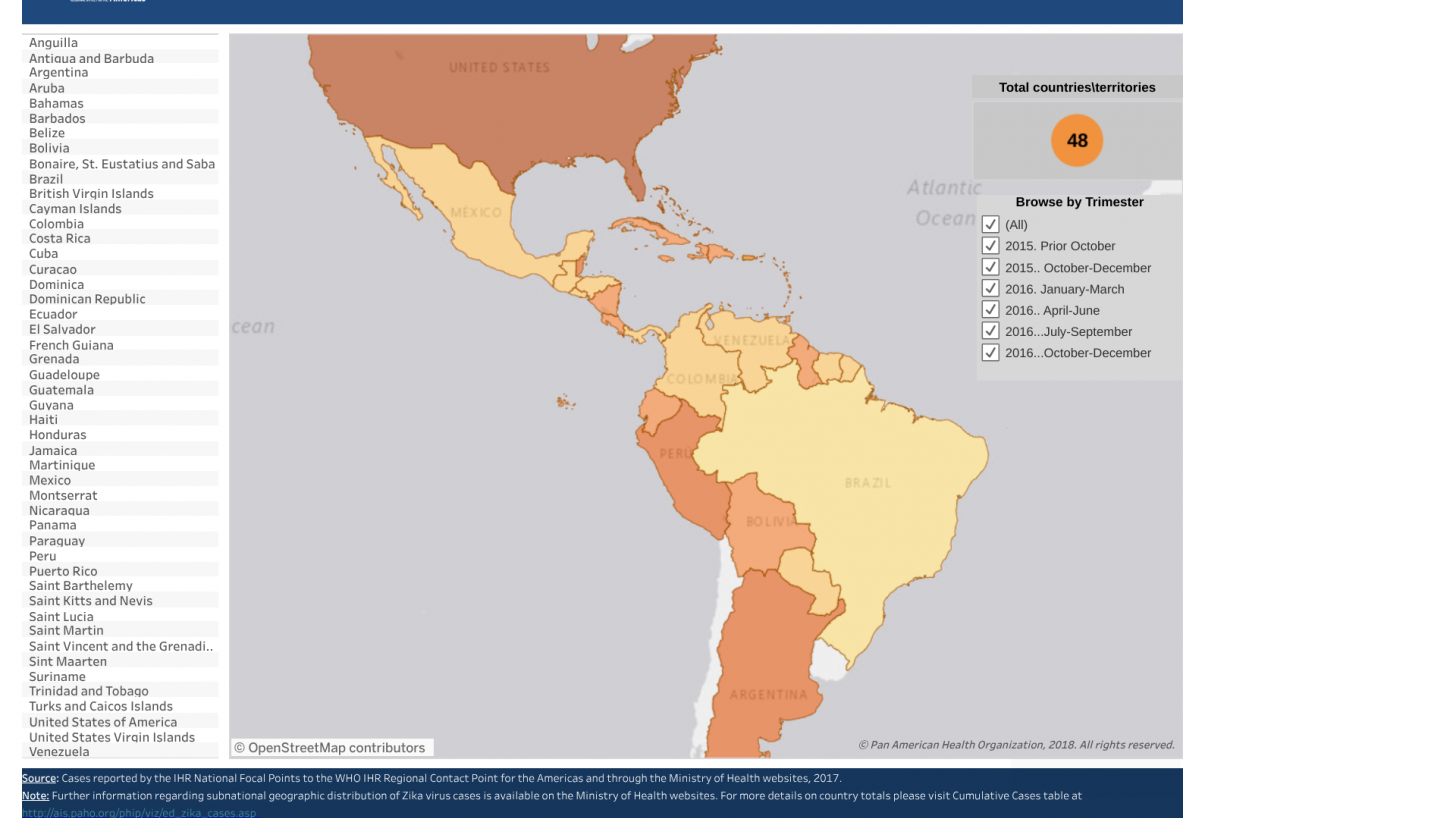
Since the Zika virus disease (ZIKV) was first identified in 1947, outbreaks have often occurred in 92 countries around the world, adversely affecting the health of adults, children, and even unborn infants.
According to the World Health Organization (WHO), this mosquito-transmitted virus will continue to be a health risk for years.
Researchers estimate that mosquitoes are carrying the Zika virus into new regions, and approximately 1.3 billion people could be affected by Zika by the year 2050.
And without a Zika preventive vaccine available, outbreaks will continue to impact certain people severely, such as pregnant women, who have an increased risk of congenital malformations, such as microcephaly.
According to a study's results published by eClinicalMedicine on May 8, 2025, the pooled absolute risk of microcephaly at birth for newborns born to ZIKV-infected women ranged from 2.5% to 6.1%, depending on the analytical approach.
This study's data, which included 9568 pregnant individuals and 9608 newborns, indicated that the risk of severe primary microcephaly was significantly higher in ZIKV-positive pregnancies (1.5%, CI 0.8%–2.7%) compared to ZIKV-negative ones (0.3%, CI 0.1%–1.0%), with a relative risk of 4.5 (CI 1.5–13.3) in the one-stage meta-analysis.
These researchers wrote, 'Our findings can support planning actions to provide care to mothers who may become infected during pregnancy and their children. Women of reproductive age should be informed about the risks of Zika infection during pregnancy to support reproductive planning.'
Pregnant individuals should be offered testing and informed about potential risks to make informed decisions. Psychological support should be available, and children born to ZIKV-infected pregnant individuals should receive comprehensive evaluations for early diagnosis and management of congenital Zika manifestations.'
As of May 2025, the U.S. Centers for Disease Control and Prevention (CDC) Yellow Book states that international travelers with suspected Zika infection should be tested with real-time polymerase chain reaction or an NS1 antigen test.
Furthermore, the CDC says the decision to travel to a country with a history of Zika circulation should be based on a personal risk assessment conducted by the woman and her healthcare provider.
The CDC and the PAHO/WHO also issued various Travel Health Advisories, identifying countries reporting Zika cases, such as Argentina, Bolivia, Brazil, Colombia, Guatemala, and even the U.S. Territory of Puerto Rico.
Without a vaccine, avoiding mosquito bites is the best disease prevention tactic.
In the future, the most advanced Zika vaccine in clinical development, Valneva SE's VLA1601, may become U.S. FDA-approved.
Our Trust Standards: Medical Advisory Committee


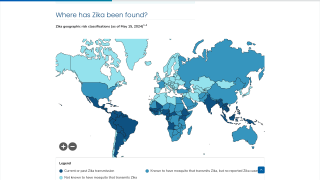
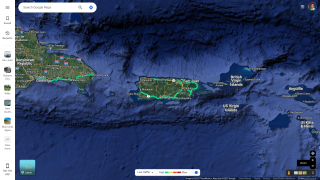

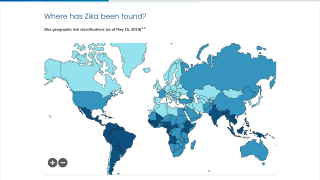
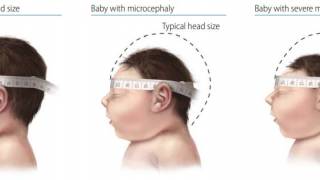

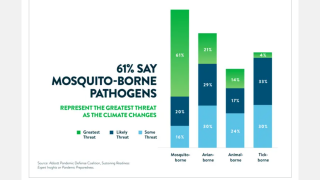
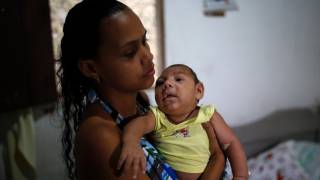
.jpg)
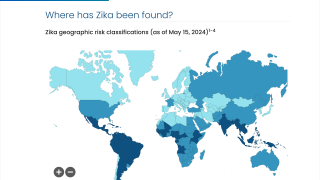
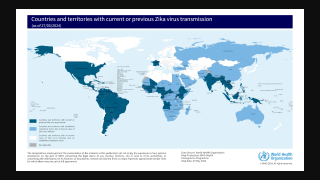


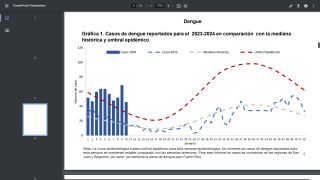

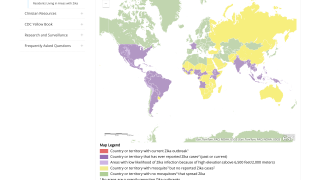






.jpg)